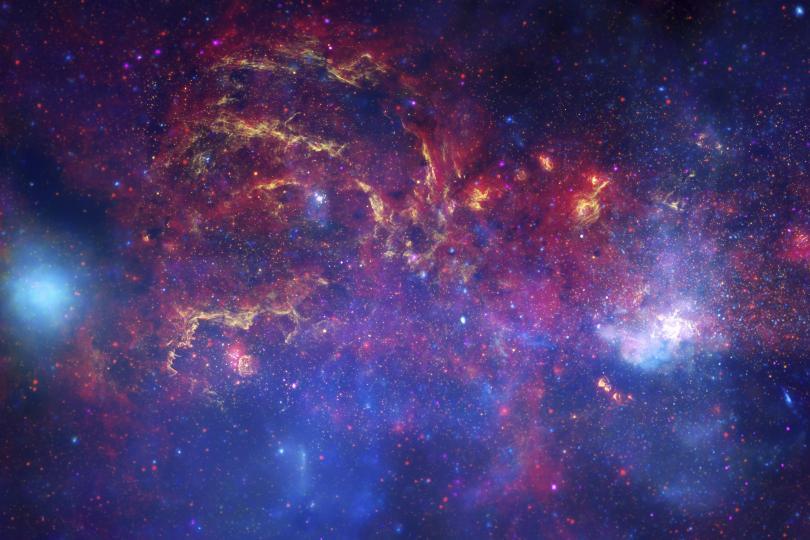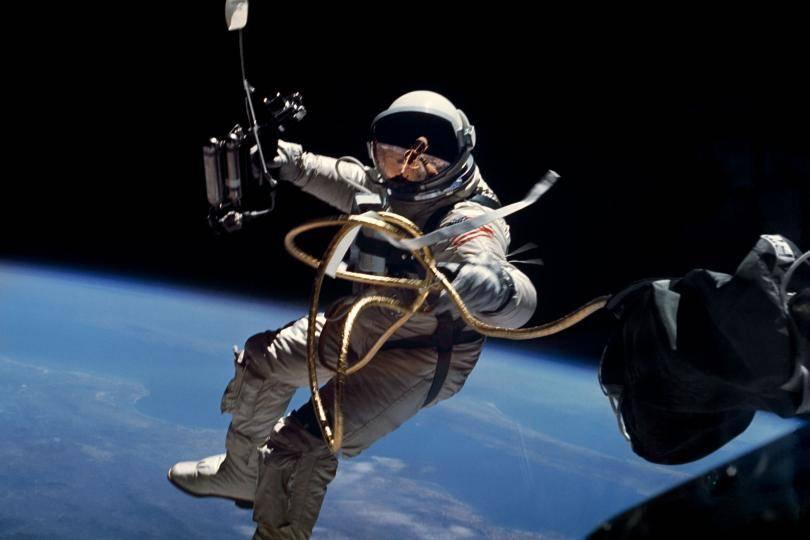NASA photo archive: Stunning searchable database includes moon landing, Milky Way and space walks
From moon landings to historic space walks

Your support helps us to tell the story
From reproductive rights to climate change to Big Tech, The Independent is on the ground when the story is developing. Whether it's investigating the financials of Elon Musk's pro-Trump PAC or producing our latest documentary, 'The A Word', which shines a light on the American women fighting for reproductive rights, we know how important it is to parse out the facts from the messaging.
At such a critical moment in US history, we need reporters on the ground. Your donation allows us to keep sending journalists to speak to both sides of the story.
The Independent is trusted by Americans across the entire political spectrum. And unlike many other quality news outlets, we choose not to lock Americans out of our reporting and analysis with paywalls. We believe quality journalism should be available to everyone, paid for by those who can afford it.
Your support makes all the difference.NASA’s jaw-dropping photo archive of the wonders of the galaxy is now on one big searchable website.
The stunning collection includes images from the moon landing, the most recent photographs of Titan, Saturn’s largest moon, and captivating close-up imagery of the sun.
Photos like the agency's epic photograph of the Milky Way - taken in 2009 by the three major telescopes - are ripe for use as a desktop wallpapers, too.

But it’s the images of people that are perhaps the most captivating - from behind-the-scenes training shots to incredible pictures of astronauts in space.
There’s an image of astronaut Edward H White II taking a 21-minute space walk, the first man to do so.
Another shot shows Sunita Williams, a flight engineer, reaching up towards the sun during space operations in 2012, for a quirky forced perspective shot.
Bringing NASA’s incredible images into one searchable database is a big step forward for the agency, because until now they’ve been spread across 10 of NASA’s field centres.
That meant you had to have a pretty impressive level of knowledge about NASA’s structure if you wanted to be certain of finding the things you wanted.

Now 140,000 photographs and recordings from more than 100 collections can be searched with a simple click.
The full database can be searched here.
Join our commenting forum
Join thought-provoking conversations, follow other Independent readers and see their replies
Comments